universe

There have been many arguments for the existence of God. In this cover story from our just-released issue Skeptic magazine 23.4 (2018), Michael Shermer delves into the question that underlies all the arguments: Why is there something rather than nothing?
Science Salon Podcast # 42: The Meaning of Life, the Universe, and Everything. A dialogue between Michael Shermer and psychologist Clay Routledge (Supernatural: Death, Meaning, and the Power of the Invisible World) on life’s deepest and most meaningful issues.
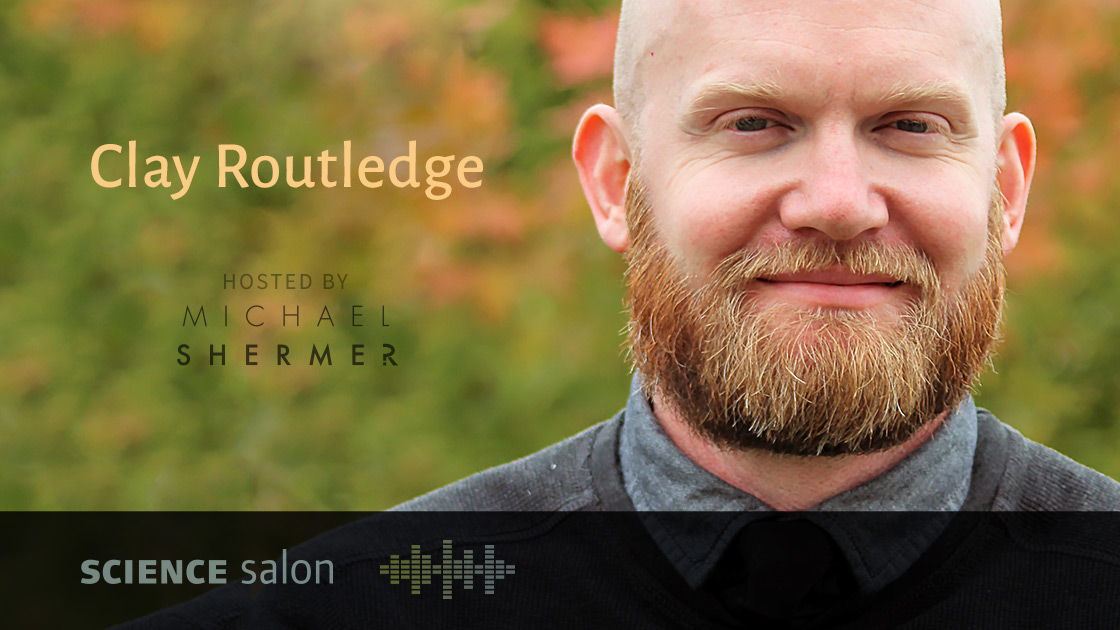
Shermer speaks with psychologist Clay Routledge about: the evolution of motivation and goals in animals and humans • what a “purpose driven life” really means • how atheists and nonbelievers can create meaningful and purposeful lives • the self, personal identity, and existential psychology • why people believe in God and fear death • why religious people live longer and healthier lives • why one-third of atheists believe in some type of life after death • free will as a…

In this week’s eSkeptic, Dr. David Speed examines why the definitional ambiguity of the word “spirituality” is problematic for researchers who seek to explore the relationship between it and other constructs.
![Image by Comfreak via Pixabay.com (https://pixabay.com/en/ufo-aliens-landscape-evening-1673929/) [PUBLIC DOMAIN]](https://www.skeptic.com/wordpress/wp-content/uploads/ufo-1673929_1920-by-comfreak-2x-510x510.jpg)
How useful are eyewitness reports and “investigations” by UFO proponents? In this week’s eSkeptic, psychology professor Dr. Terence Hines reviews How UFOs Conquered the World: The History of a Modern Myth, by David Clarke.
![Image by Comfreak via Pixabay.com (https://pixabay.com/en/ufo-aliens-landscape-evening-1673929/) [PUBLIC DOMAIN]](https://www.skeptic.com/wordpress/wp-content/uploads/ufo-1673929_1920-by-comfreak-2x-510x510.jpg)
How useful are eyewitness reports and “investigations” by UFO proponents? In this week’s eSkeptic, psychology professor Dr. Terence Hines reviews How UFOs Conquered the World: The History of a Modern Myth, by David Clarke.
In this week’s eSkeptic, Janna Levin Discusses the Edge of the Universe; Michael Shermer looks at Memories, Points of View and the Self; MonsterTalk interviews Ben Frable about Naming Monsters.
Michael Shermer argues that science and reason have bent the moral arc of society towards justice and freedom; also, for Scientific American, Shermer compiles several responses from a number of sources on the incomprehensible topic of “nothing”.
In this week’s eSkeptic, Leonard Mlodinow and Michael Shermer review You Are the Universe: Discovering Your Cosmic Self and Why it Matters, by Deepak Chopra and Menas Kafatos, 2017. (New York: Harmony Books, 288 pages)
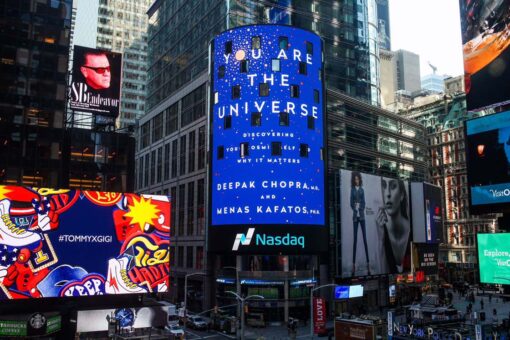
Leonard Mlodinow and Michael Shermer review You Are the Universe: Discovering Your Cosmic Self and Why it Matters, by Deepak Chopra and Menas Kafatos, 2017. (New York: Harmony Books, 288 pages)
In this week’s eSkeptic, we announce three upcoming Science Salons with Dr. Carol Tavris, Dr. Andrew Shtulman, and Derren Brown; plus, Derek interview Bo Bennett on Skepticality about his latest book, Uncomfortable Ideas.
Guest writer Steve Cuno shares an insider’s view on the ethics of advertising in a world full of false claims.
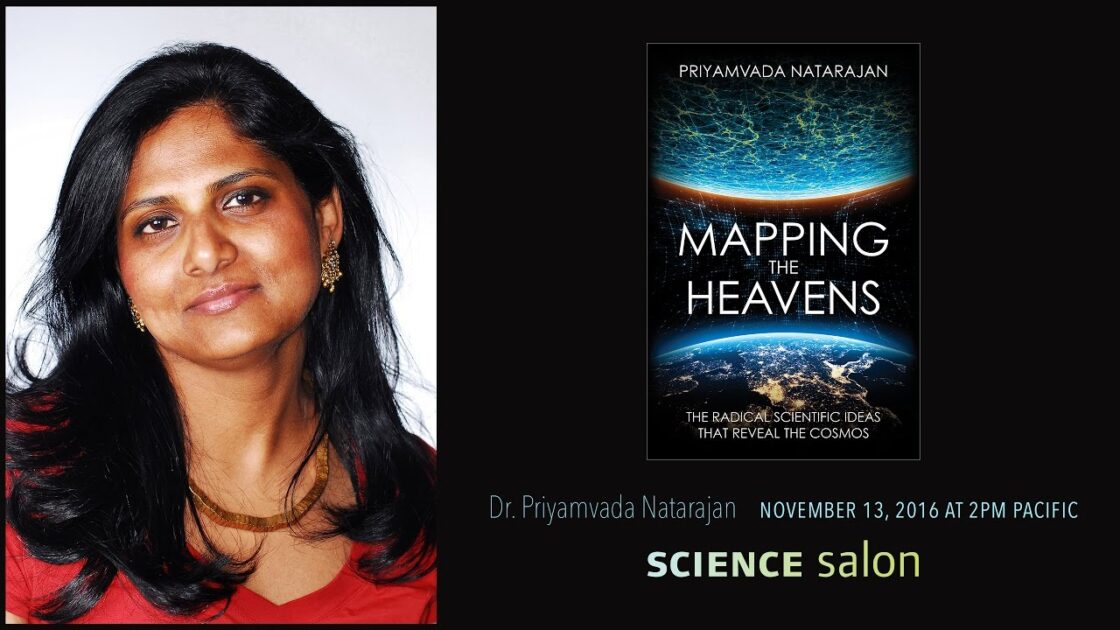
In this lecture based on her new book, Yale University cosmologist and theoretical astrophysicist specializing in dark matter, dark energy, and black holes, Dr. Priyamvada Natarajan, discusses some of greatest cosmological discoveries and ideas that have reshaped our universe over the past century.
In this week’s eSkeptic: MonsterTalk: Yetipalooza Skepticality: Dream On: Interview with John Fugelsang Feature: Meeting ET: A Review of Preparing for Contact STOCK UP FOR HALLOWEENat smile.amazon.com and Amazon donates to the Skeptics Society Halloween is lurking just around the corner. Shop for your treats, costumes, and decorations at smile.amazon.com and Amazon will donate to […]

If intelligent life exists elsewhere in the universe, how should we interact, and what will it mean for our civilization? Lawrence E. Grinter reviews Preparing for Contact: When Humans and Extraterrestrials Finally Meet (2014), by George Michael.
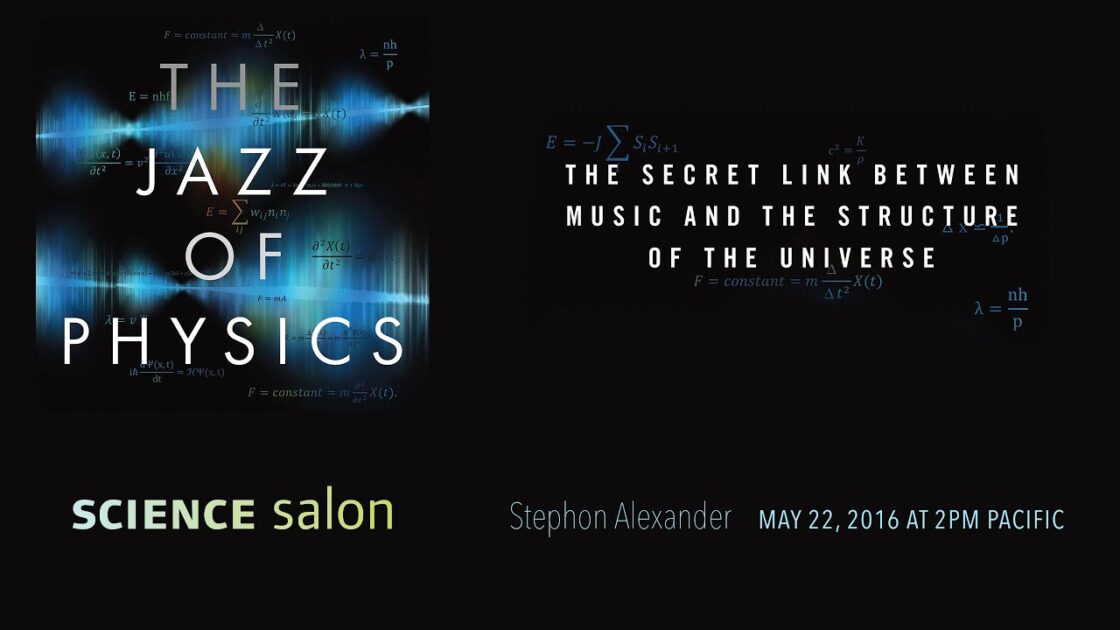
Physicist and jazz saxophonist Dr. Stephon Alexander revisits the ancient realm where music, physics, and the cosmos were one. Playing the saxophone and improvising with equations, Alexander uncovered the connection between the fundamental waves that make up sound and the fundamental waves that make up everything else.
How significant are we as humans within the universe? Could the universe have been fine-tuned for our existence? In this week’s eSkeptic, Jérémie Harris and Edouard Harris examine the nature and extent of universal fine-tuning.
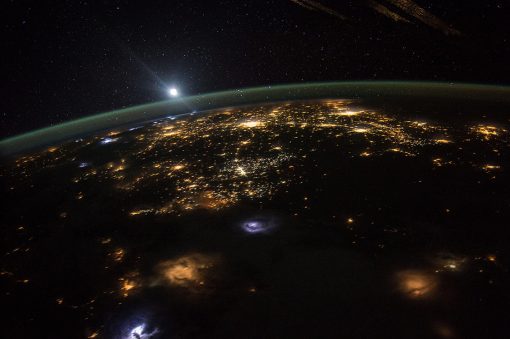
How significant are we as humans within the universe? Could the universe have been fine-tuned for our existence? In this week’s eSkeptic, Jérémie Harris and Edouard Harris examine the nature and extent of universal fine-tuning.
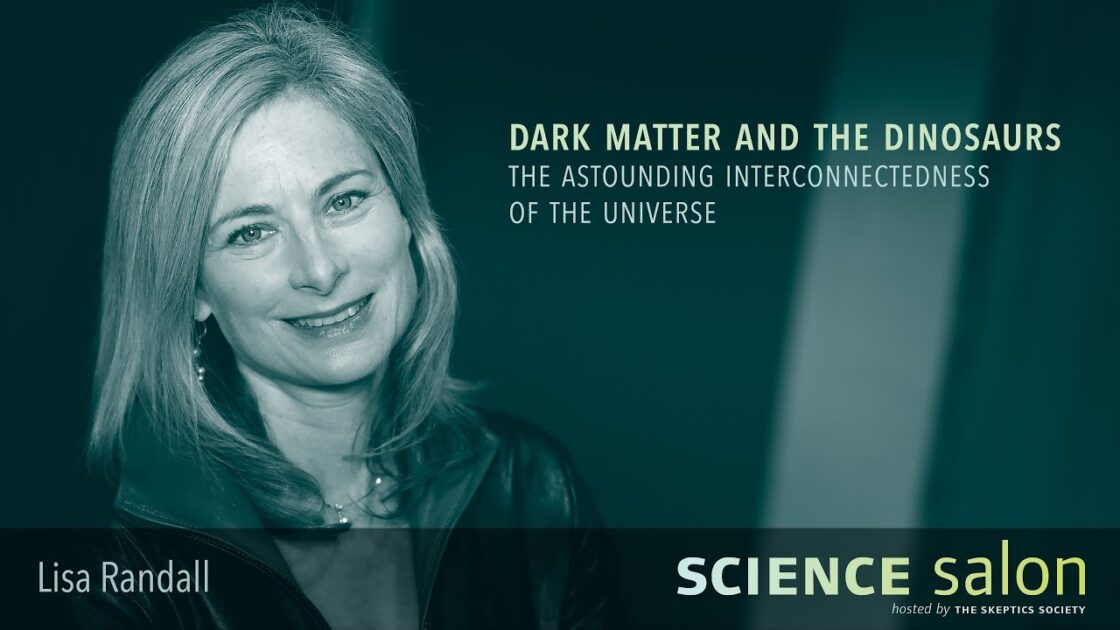
Renowned Harvard cosmologist and theoretical physicist Dr. Lisa Randall explores a scenario in which a disk of dark matter — the elusive stuff in the universe that interacts through gravity like ordinary matter, but that doesn’t emit or absorb light — dislodged a comet from the Oort cloud that was ultimately responsible for the dinosaurs’ extinction. Randall teaches us an enormous amount about dark matter, our Universe, our galaxy, asteroids, and comets—and the process by which scientists explore new concepts.
In this week’s eSkeptic, we draw from the archives of Skeptic magazine issue 4.1 (from 1996) in which Bernard Leikind posits the ant-thropic principle: the principle that the Universe somehow exists for ants and that ants are an expression of its purpose.
← PREVIOUS
NEXT →




![Image by Comfreak via Pixabay.com (https://pixabay.com/en/ufo-aliens-landscape-evening-1673929/) [PUBLIC DOMAIN]](https://www.skeptic.com/wordpress/wp-content/uploads/ufo-1673929_1920-by-comfreak-2x-510x510.jpg)















